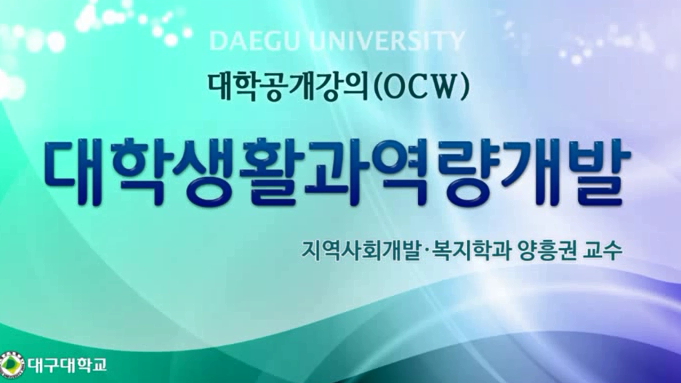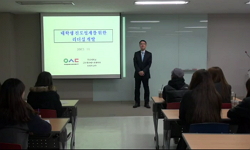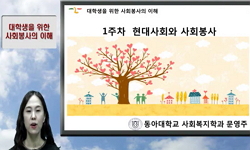Purpose: This study was undertaken to identify the relationship between the awareness of sexual harassment of university students and their coping with sexual harassment and to confirm the mediating effect of empathy. Methods: This was a cross-section...
http://chineseinput.net/에서 pinyin(병음)방식으로 중국어를 변환할 수 있습니다.
변환된 중국어를 복사하여 사용하시면 됩니다.
- 中文 을 입력하시려면 zhongwen을 입력하시고 space를누르시면됩니다.
- 北京 을 입력하시려면 beijing을 입력하시고 space를 누르시면 됩니다.

대학생의 성희롱 인식과 대처 간의 관계에서 공감능력의 매개효과 = Mediating Effect of Empathy in the Relationship between Awareness of Sexual Harassment and Coping with Sexual Harassment in University Students
한글로보기https://www.riss.kr/link?id=A108783619
- 저자
- 발행기관
- 학술지명
- 권호사항
-
발행연도
2023
-
작성언어
-
- 주제어
-
KDC
517
-
등재정보
KCI등재후보
-
자료형태
학술저널
-
수록면
95-104(10쪽)
- 제공처
-
0
상세조회 -
0
다운로드
부가정보
다국어 초록 (Multilingual Abstract)
Purpose: This study was undertaken to identify the relationship between the awareness of sexual harassment of university students and their coping with sexual harassment and to confirm the mediating effect of empathy. Methods: This was a cross-sectional survey enrolling 150 college students (Men: 74, Women: 76) who voluntarily participated in the survey at a university located in C-city, Chungcheongnam-do. Data were collected from May 10 to 30, 2022 through a ques-tionnaire comprising 93 questions. Data were analyzed by frequency and percentage, mean and standard deviation, in-dependent t-test, one-way ANOVA, and Pearson’s correlation using the SPSS/Win 23.0 program. Mediation analysis was also conducted using Hayes’ PROCESS macro (Model 4). Result: The awareness of sexual harassment in university stu-dents showed variations according to gender, grade, major, and whether they had experienced sexual harassment. The awareness of sexual harassment correlated with coping with sexual harassment and cognitive empathy. Cognitive empathy was found to have a mediating effect on the relationship between the awareness of sexual harassment and coping with sexual harassment. Conclusion: To improve university students’ awareness of sexual harassment and effective coping, it is necessary to develop and implement programs to improve the characteristics and cognitive empathy of university students.
동일학술지(권/호) 다른 논문
-
텍스트 네트워크분석과 토픽모델링을 활용한 간호·간병통합서비스 연구동향 분석
- 다문화건강학회
- 이현수(Hyun Su Lee)
- 2023
- KCI등재후보
-
COVID-19 감염병 전담병원 간호사의 정신건강, 지각된 스트레스, 회복탄력성이 소진에 미치는 영향
- 다문화건강학회
- 권해림(Haerim Kwon)
- 2023
- KCI등재후보
-
암 병동 간호사가 바라보는 암 환자의 웰다잉: 혼종모형 개념분석
- 다문화건강학회
- 신나연(Na Yeon Shin)
- 2023
- KCI등재후보
-
- 다문화건강학회
- 송송희(Songhee Song)
- 2023
- KCI등재후보




 KCI
KCI 스콜라
스콜라






